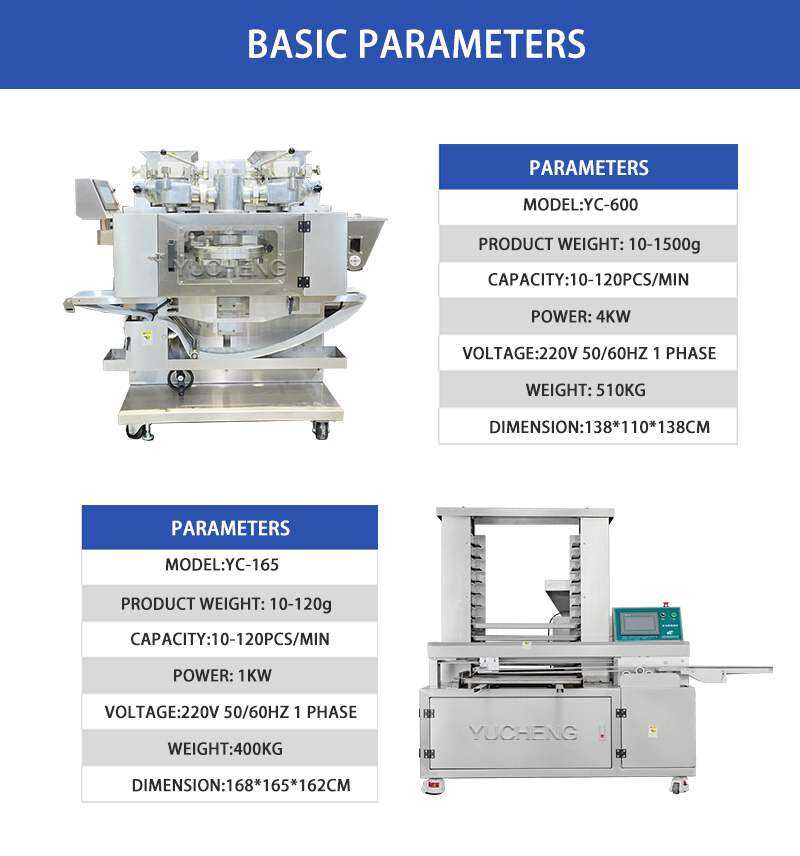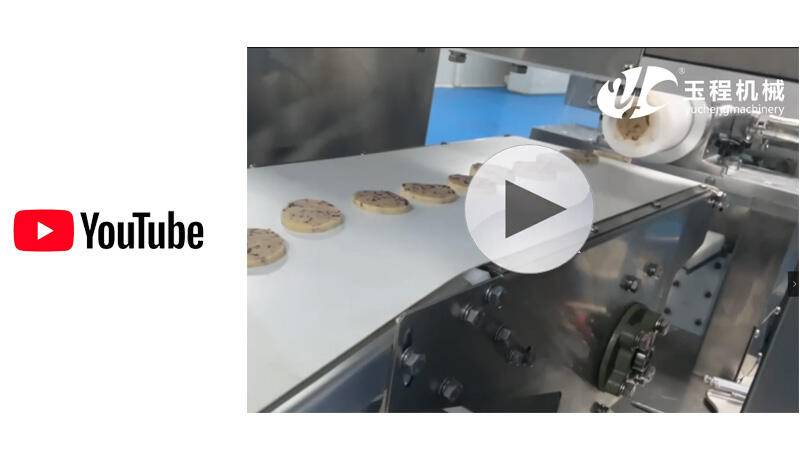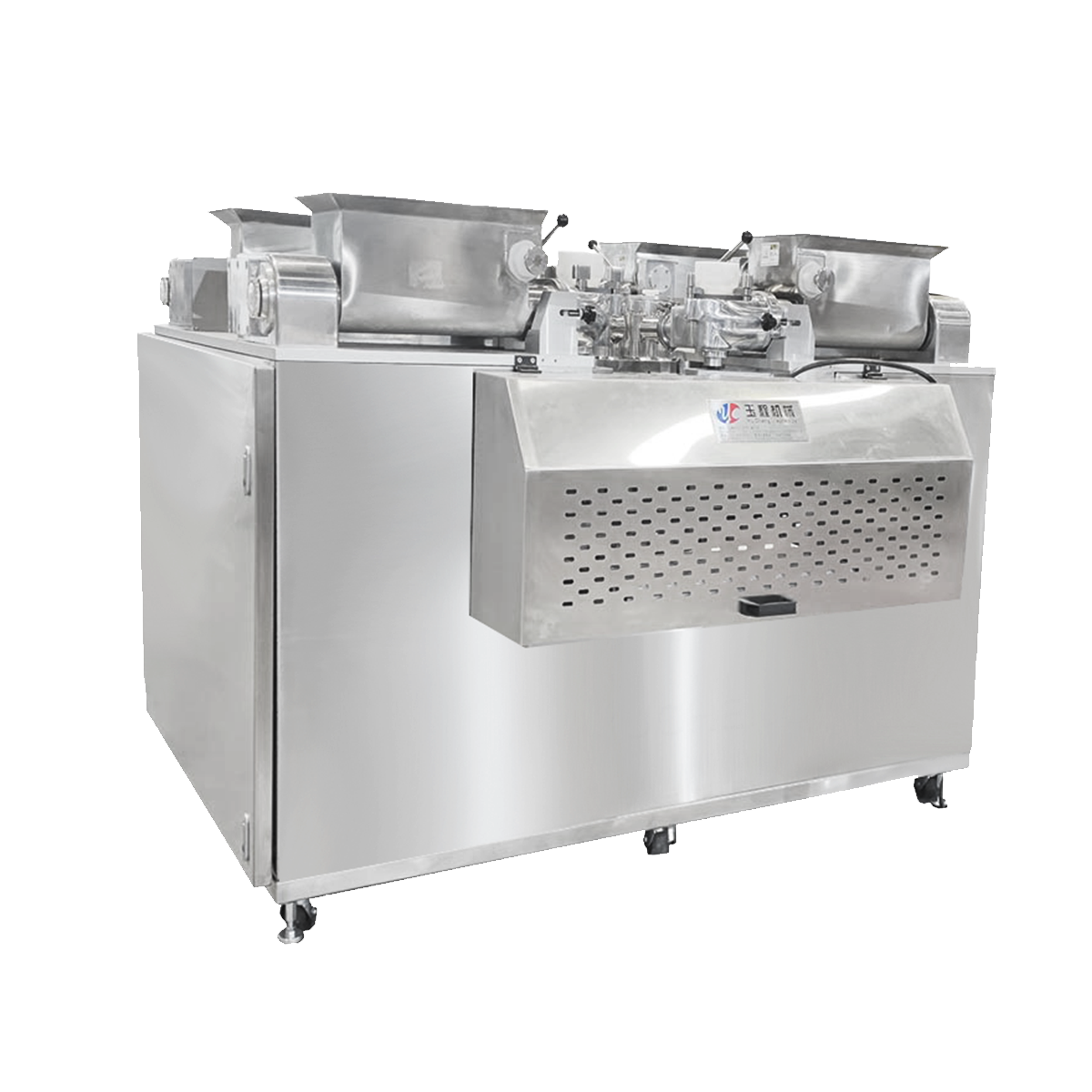bread maker maker
A bread maker maker represents the pinnacle of kitchen automation technology, designed to manufacture high-quality bread making machines for both commercial and domestic use. This sophisticated equipment combines precision engineering with advanced manufacturing capabilities to produce reliable, user-friendly bread makers. The system incorporates state-of-the-art quality control measures, automated assembly lines, and rigorous testing protocols to ensure each bread maker meets strict performance standards. The manufacturing process includes multiple stages, from component fabrication to final assembly, with integrated smart sensors and calibration systems that guarantee consistency across production batches. The facility utilizes advanced robotics for precise component placement and assembly, while maintaining strict quality control through computer-aided inspection systems. Each bread maker produced undergoes comprehensive testing for heating elements, control systems, and mechanical components. The manufacturing system is designed to accommodate various models and specifications, allowing for flexible production schedules and customization options. Modern IoT integration enables real-time monitoring of production metrics and quality parameters, ensuring optimal manufacturing efficiency and product reliability.


